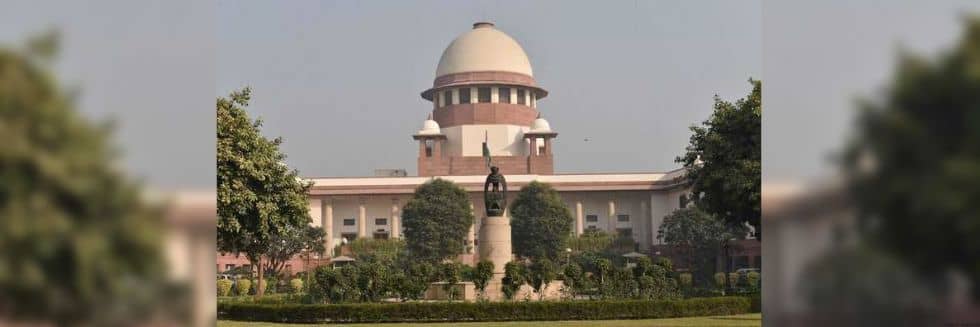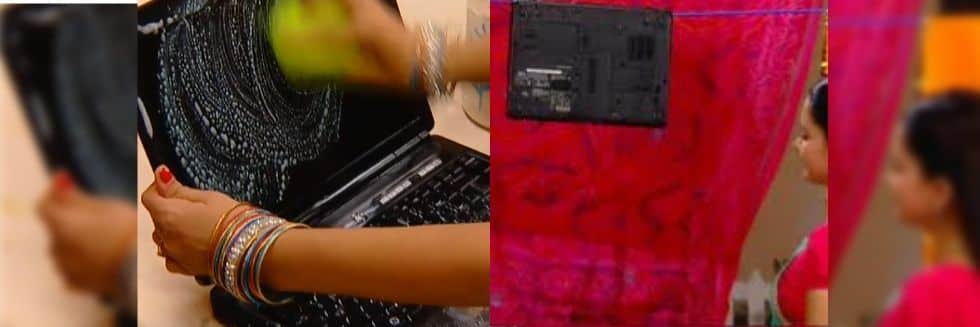In a significant observation, the Supreme Court bench reiterated that long cohabitation between a man and a woman raises a strong presumption in favour of their marriage and the son born out of their relationship is entitled to property rights.
The bench comprising Justice S Abdul Nazeer and Justice Vikram Nath set aside the Kerala High Court order wherein the bench held that in case of lack of evidence of marriage, the illegitimate son of a man and woman, who had cohabited together, was not entitled to property rights in ancestral properties.
The bench noted, “It is well settled that if a man and a woman live together for long years as husband and wife, there would be a presumption in favour of wedlock. Such a presumption could be drawn under Section 114 of the Evidence Act. The law presumes in favour of marriage and against concubinage when a man and a woman have cohabited continuously for a number of years.”
The bench was hearing an appeal against a 2009 judgment by Kerala High Court at Ernakulam. The High Court had set aside the trial court order granting a share in the ancestral property to heirs of a man who was born out of a long cohabitation of a man and woman.
Kerala High Court had noted that the position of one of the first parties to be of an illegitimate child, his heir would not be entitled to a share in the coparcenary property.
“Where a man and woman are proved to have lived together as man and wife, the law will presume, unless the contrary be clearly proved, that they were living together in consequence of a valid marriage and not in a state of concubinage. Such a presumption could be drawn under the Evidence Act also, it said, adding although, the presumption is rebuttable and a heavy burden lies” on the person who is disputing such a marriage,” said the top court.






